NEWS RELEASE
Contact: Society for Freshwater Science
Attn: Andrea Ward, Media Officer
communications@freshwater-science.org
freshwater-science.org
Society for Freshwater Science announces 2025 Fellows
May 2, 2025 — The Society for Freshwater Science (SFS) today announced the 2025 inductees into the Fellows of the Society for Freshwater Science: Dr. Joseph Culp, Dr. Eugenia Martí; Dr. Catherine Pringle; Dr. Amy Rosemond; and Dr. David Walters.
The Society for Freshwater Science is a premier international organization of aquatic scientists. SFS Fellows are leaders in their disciplines who have dedicated substantial time and resources to benefit the field of freshwater science and the Society.
“The Fellows of the Society for Freshwater Science have demonstrated excellence over the course of their careers in research, policy, or management of freshwater resources," said Dr. Dave Arscott, SFS President. "We are honored to recognize these 2025 SFS Fellows for their sustained leadership and significant contributions to advancing the field of freshwater science."
The SFS Fellows will officially welcome the new class into their ranks at the Society’s 2025 Annual Meeting in San Juan, Puerto Rico, later this month.
Dr. Joseph Culp
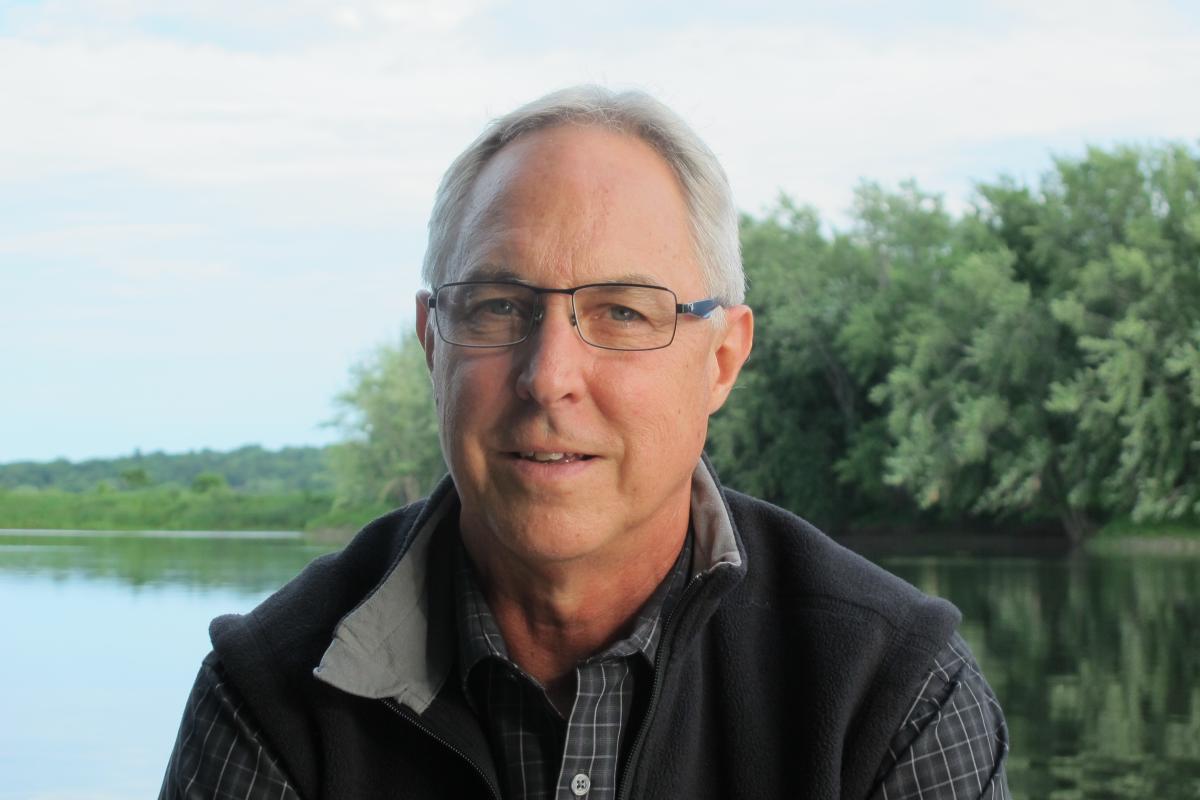
Dr. Joseph Culp is a Scientist in Residence and Adjunct Professor at Wilfrid Laurier University (WLU) Waterloo, Ontario, and an Emeritus Research Scientist with Environment and Climate Change Canada (ECCC). He received a B.Sc. from the University of Oklahoma and completed M.Sc. and Ph.D. degrees at the University of Calgary, where he applied the River Continuum Concept to the Saskatchewan River system and examined the impacts of forest clearcutting on benthic communities of Carnation Creek, British Columbia. As a professor at University of Calgary, he investigated the role of benthic fish in affecting the behavior, distribution, and abundance of stream insects. Moving to ECCC in 1990, he was located at the National Hydrology Research Centre and the University of New Brunswick until retirement in 2020. While at ECCC he investigated multiple stressor impacts on aquatic systems, focusing on the combined effects of nutrients, sediments and chemical stressors on taxonomic and trait composition of stream benthos.
Dr. Eugènia Martí
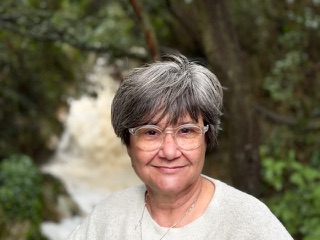
Dr. Eugènia Martí is a full professor at the Centre d’Estudis Avançats de Blanes (CEAB, Blanes, Spain), an institute of the Spanish National Research Council (CSIC) devoted to the study of aquatic ecosystems. She has worked there since 1999 under different research positions. Prior to that, she completed her PhD in 1995 on the study of in-stream nutrient dynamics in Mediterranean streams at the University of Barcelona, with Dr. F. Sabater. She then served as a postdoctoral researcher in the Stream Lab of Drs. N. Grimm and S. Fisher at Arizona State University, and in the LEQUIA Lab of Dr. M. Poch at the University of Girona, Spain. For more than 30 years, her research has focused on the dynamics of nutrients (N and P) and organic matter in fluvial ecosystems and the environmental controls and biogeochemical mechanisms driving them. Research has been mostly done in Mediterranean streams draining both pristine and human-altered catchments. Her recent research focuses on urban streams receiving inputs from wastewater treatment plant effluents (WWTP). Since 2014, she is one of the leaders of the Urban River Lab (www.urbanriverlab.com), an experimental platform aimed at assessing stream responses to WWTP effluent inputs and finding nature-based solutions to reduce this impact. She has been a member of the Society for Freshwater Science since 1991, as she describes, “because from the very first minute of the initial meeting I have felt very welcome by the generous spirit of SFS members. In fact, most SFS members have become great long-time friends.” In turn, she has enjoyed serving the Society in different administrative roles and capacities during her decades of membership.
Dr. Catherine Pringle
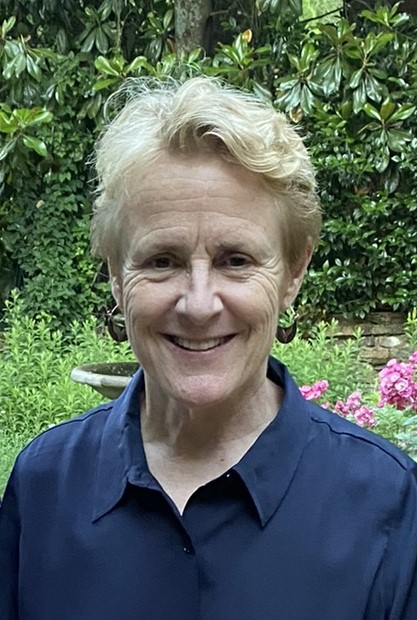
Dr. Catherine Pringle is a Distinguished Research Professor Emerita at the University of Georgia’s (UGA) Odum School of Ecology (OSE) where she specializes in the study of freshwater ecosystems and conservation ecology. Her research focuses on species-community-ecosystem linkages, effects of disturbance on freshwater ecosystems (particularly streams), and the role of hydrologic connectivity in shaping ecosystems within landscapes. She received a Ph.D. from the University of Michigan in Ann Arbor, followed by post-doctoral positions at the University of California at Berkeley, UC Santa Barbara, and Cornell University. Dr. Pringle joined UGA in 1993 and served as the Chair of OSE’s Conservation Ecology &; Sustainable Development Graduate M.S. Program from 1993-2020. She served as past president of the Society for Freshwater Science, and is a Fellow of the American Association for the Advancement of Science (AAAS).
Dr. Amy Rosemond
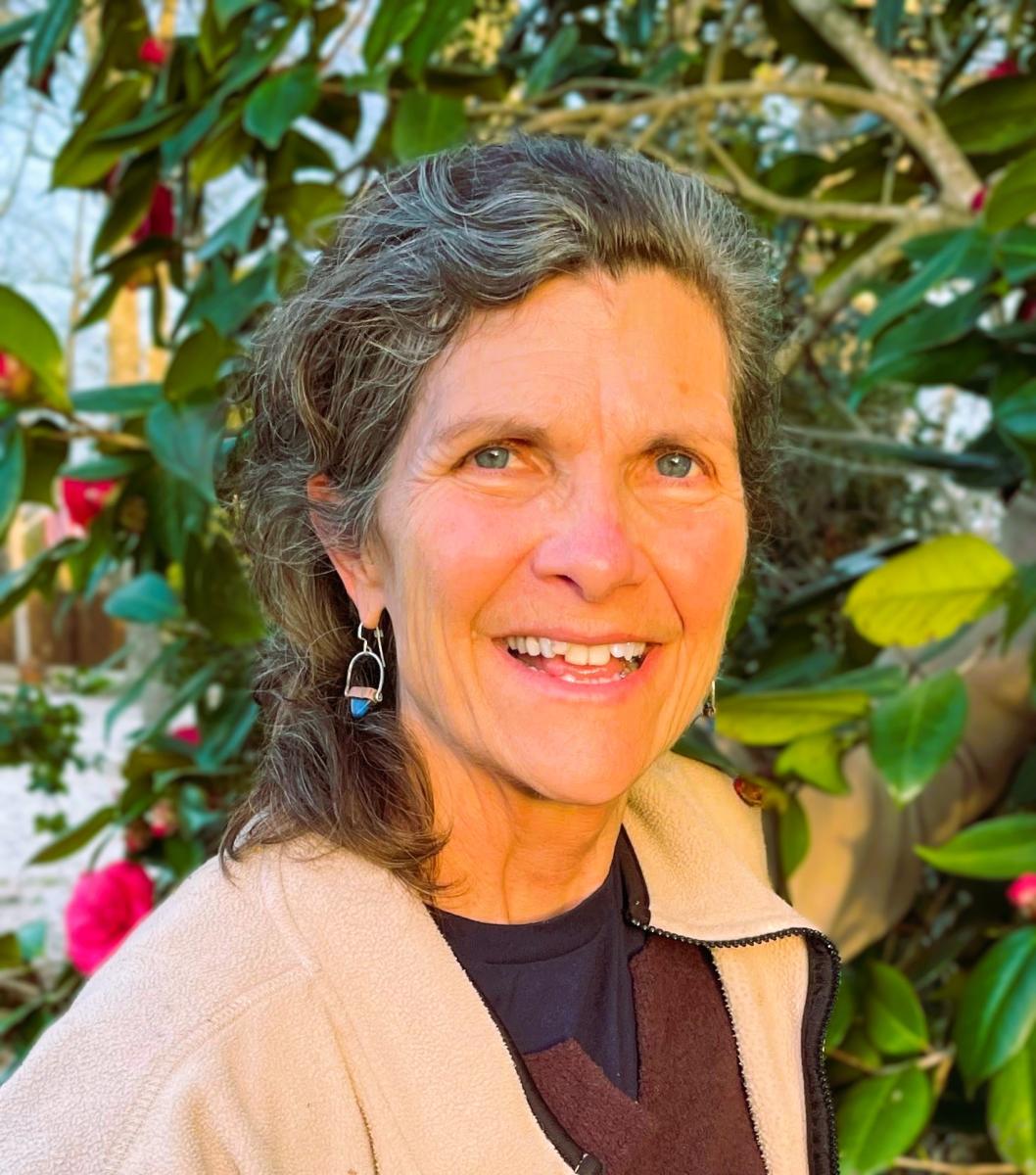
Dr. Amy D. Rosemond is the UGA Foundation Professor in Ecology and Distinguished Research Professor at the University of Georgia. She is fortunate to have worked on collaborative projects to make the field of freshwater science more inclusive and on research projects to advance our knowledge of freshwater ecosystems. She recognizes the critical need for diverse perspectives, experiences, and approaches in addressing freshwater challenges and societal investments, such as via national/federal and state/regional agencies that make much of that work possible. Amy was elected as a Fellow of the Ecological Society of America in 2018 and received UGA’s Creative Research Medal in Science and Engineering that same year. She served as President of the Society for Freshwater Science (2019-2020), and helped to envision and currently leads the SFS Emerge Program in collaboration with the rest of the Emerge team.
Dr. David Walters
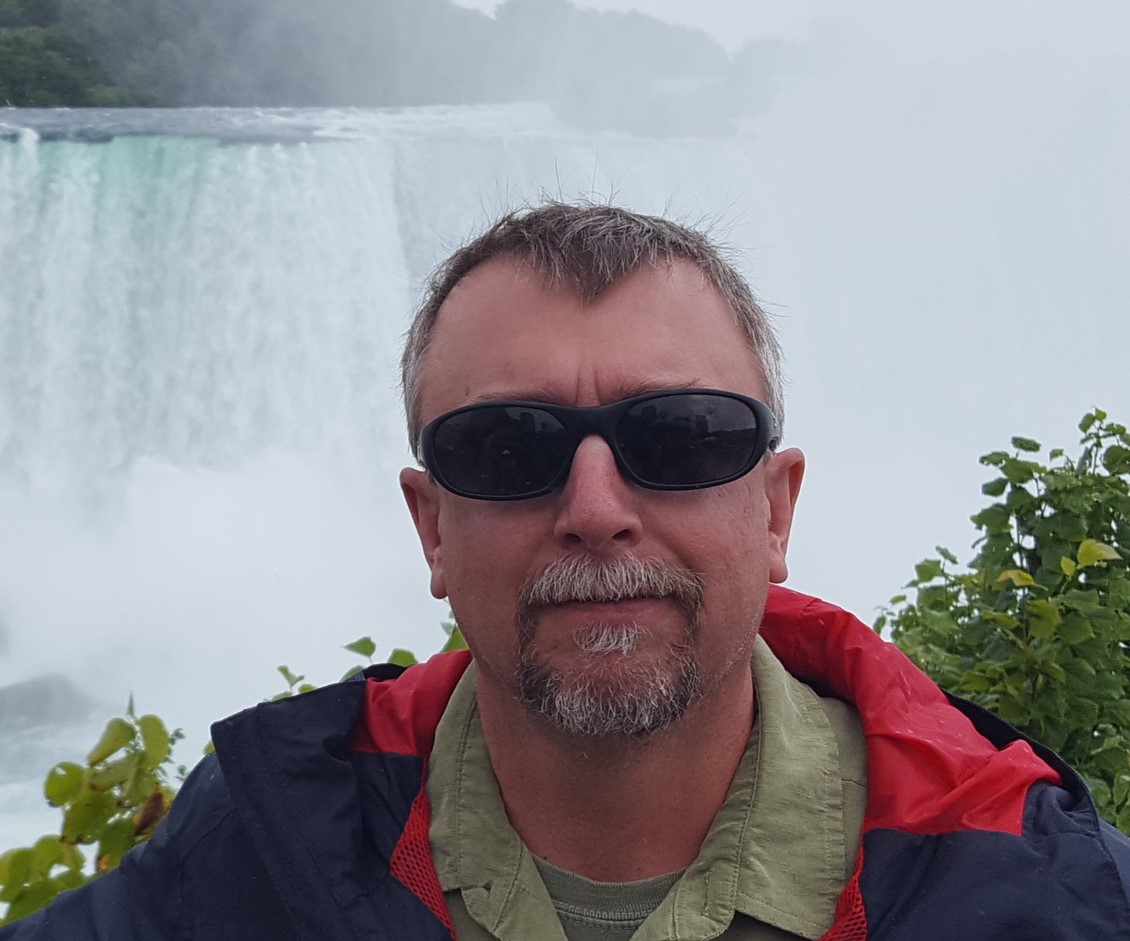
David M. Walters, PhD, is a Research Ecologist and Chief of the Ecology Branch at the U.S. Geological Survey (USGS) Columbia Environmental Research Center. His research focuses on the effects of human stressors on the form, function, and structure of aquatic and riparian ecosystems with an emphasis on food web dynamics and contaminants. He began his career at the U.S. Environmental Protection Agency National Exposure Research Laboratory in 2002 before joining the USGS in 2008. His publications have addressed the impacts of contaminants, land use and climate change, invasive species, and hydrologic alteration on aquatic and riparian organisms, and are geared toward furthering the conservation and restoration of these valued ecosystems. He received an M.S. and Ph.D. from the Odum School of Ecology at the University of Georgia.
For more information on the SFS Fellows program and this year’s new Fellows, visit http://freshwater-science.org/awards-programs/fellows
#####
The Society for Freshwater Science (SFS) is a premier international organization of aquatic scientists. Our members study freshwater organisms, biotic communities, physical processes that affect ecosystem function, linkages between freshwater ecosystems and surrounding landscapes, habitat and water quality assessment, conservation and restoration. SFS fosters the exchange of scientific information among its membership, and with other professional societies, resource managers, policymakers, educators, and the public.

